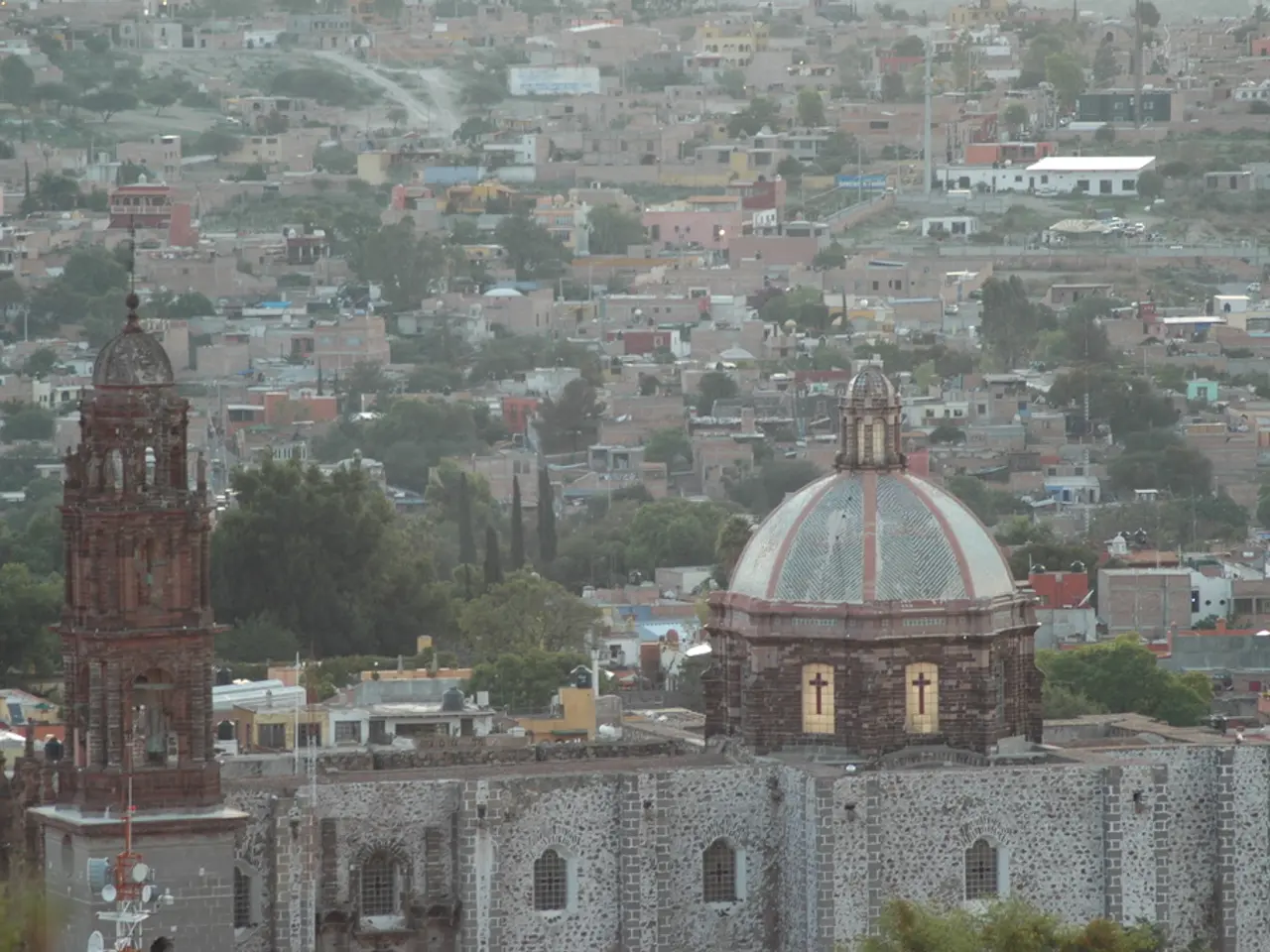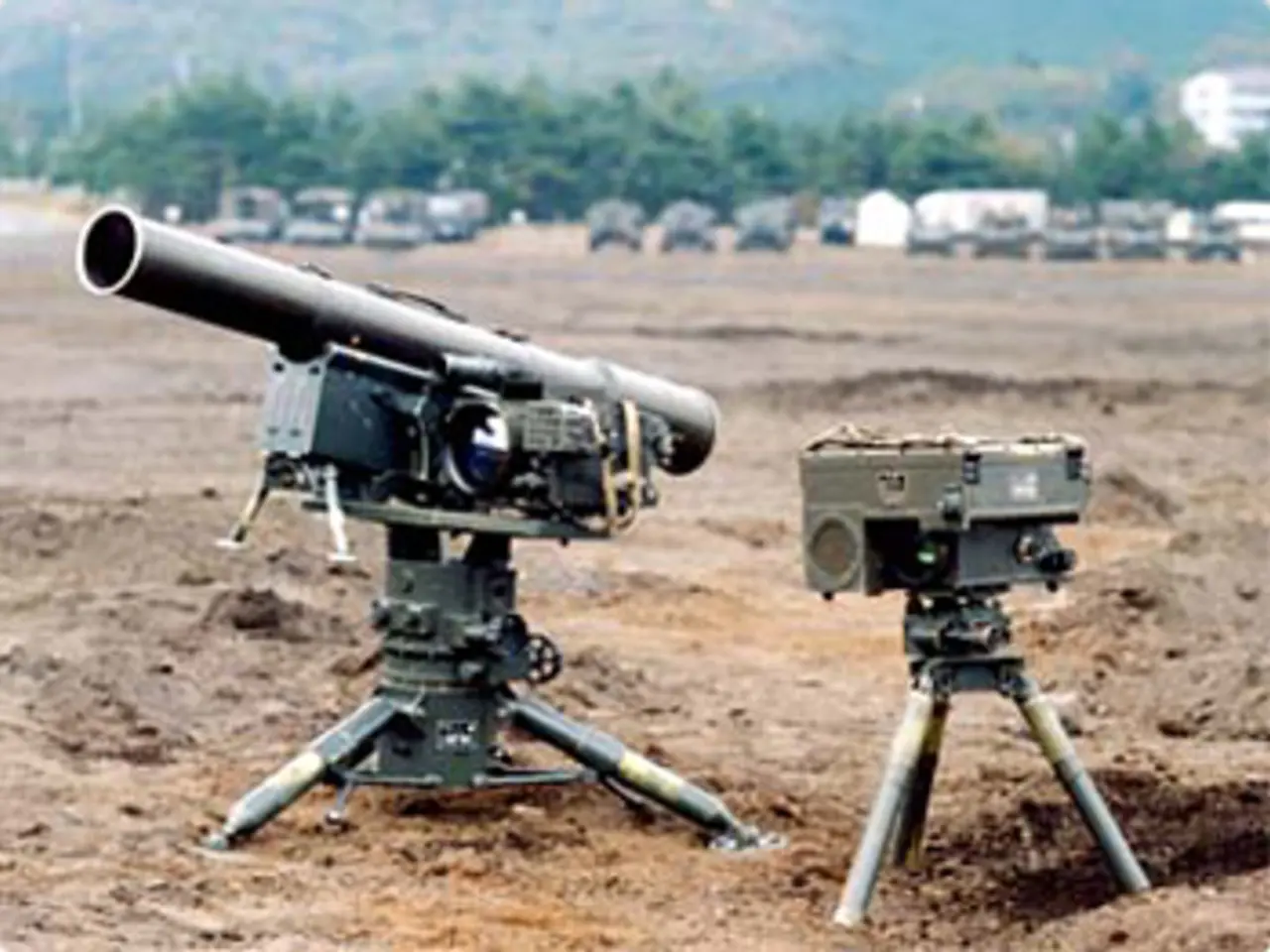Immense Support Pours in for Storm-Stricken Communities across Spain
In the aftermath of the severe storms that hit the Valencia region of Spain on Wednesday, a multi-faceted relief effort is underway to address the ongoing crisis. The provincial capital of Valencia plays host to the crisis coordination center, where thousands of volunteers have lined up since Saturday morning, eager to help the victims of the storms in the towns and villages of the region.
The storms, which occurred in the early hours of Wednesday, have left a trail of destruction in their wake. The overflowing rivers in the Valencia region have left entire areas and villages in ruins, causing significant disruption and affecting holiday hotspots. As of Saturday, Spanish media reported 211 deaths in the Valencia region due to the storms, with hundreds more still reported missing.
Search and rescue operations are ongoing, with first responders supported by both volunteer groups and military personnel. While specific details on the military's current deployment in Valencia were not immediately available, it is clear that volunteer efforts are vital in mobilizing local aid and assisting displaced populations. Humanitarian groups such as Direct Relief have contributed to the response by funding search and rescue activities and providing medic packs to support emergency teams.
In addition to search and rescue efforts, initiatives to aid flood victims with mobility and basic needs have been launched. Organizations such as RecordGo are involved in delivering mobility solutions to those affected by the floods in Valencia. The Catholic Church and Caritas, traditional players in Spain during disasters, are also participating in the relief efforts, providing shelter, food, and psychological support.
However, the rescue teams and volunteers are facing challenges in providing aid due to the destruction caused by the storms. Rescue teams are finding it difficult to access the devastated areas with larger rescue and clearance equipment. The situation remains fluid due to the scale of storm damage and continued risk of flooding.
Despite the challenges, state aid is insufficient given the extent of the destruction caused by the storms. As such, more and more volunteers are stepping up to help in the disaster area. On Saturday, only 2,500 volunteers were able to be taken by bus to the most affected towns and villages in the Valencia region. Spanish Prime Minister Pedro Sanchez announced the deployment of an additional 5,000 soldiers to the disaster area to help with the relief efforts.
As the storms move northeast towards Castellon, Tarragona, Catalonia, the Balearic Islands, and western Andalusia, solidarity with the victims in the Valencia region remains strong in the Mediterranean region. The storms are expected to affect new regions, and it is crucial that relief efforts continue to adapt to meet the needs of the affected communities.
- The disaster in the Valencia region has not only required a significant effort in search and rescue operations but also tackles challenges in politics and general-news, as the Spanish government has been faced with the question of providing sufficient aid.
- Coverage of the unfolding crisis in the Valencia region extends beyond crime-and-justice and accidents, as the events have urged humanitarian groups to step forward, providing aid in the form of search and rescue activities and medic packs.
- Aiding the disaster victims in the Valencia region encompasses more than addressing mobility and basic needs; it also includes extension of support from the international community, as solidarity with those affected continues in the northern regions where the storms are predicted to move next.






